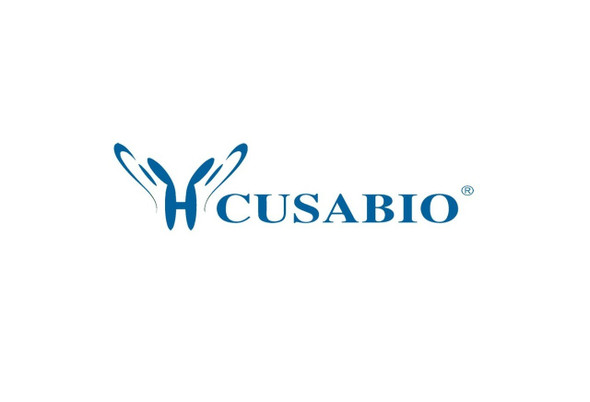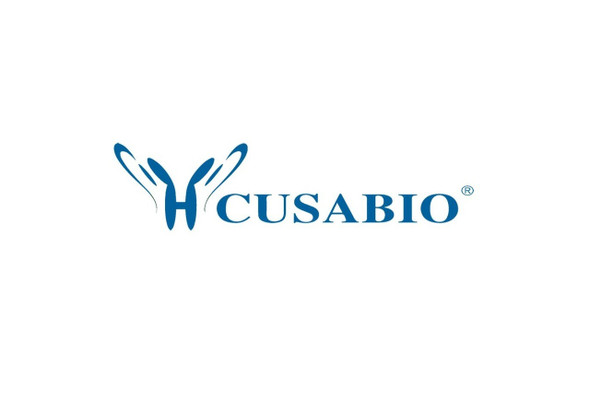Cusabio Polyclonal Antibodies
TRAF4 Antibody | CSB-PA788984
- SKU:
- CSB-PA788984
- Availability:
- 3 to 7 Working Days
- Size:
- 100ul
Description
TRAF4 Antibody | CSB-PA788984 | Cusabio
TRAF4 Antibody is Available at Gentaur Genprice with the fastest delivery.
Online Order Payment is possible or send quotation to info@gentaur.com.
Product Type: Polyclonal Antibody
Target Names: TRAF4
Aliases: TNF receptor-associated factor 4; Cysteine-rich domain associated with RING and Traf domains protein 1; Malignant 62; RING finger protein 83; TRAF4
Background: Adapter protein and signal transducer that links members of the tumor necrosis factor receptor (TNFR) family to different signaling pathways. Plays a role in the activation of NF-kappa-B and JNK, and in the regulation of cell survival and apoptosis. Regulates activation of NF-kappa-B in response to signaling through Toll-like receptors. Required for normal skeleton development, and for normal development of the respiratory tract By similarity. Required for activation of RPS6KB1 in response to TNF signaling. Modulates TRAF6 functions.
Tomasetto C.L., Genomics 28:367-376 (1995) .
Miller H.G., Submitted (AUG-1998) to the EMBL/GenBank/DDBJ databases.
Cai C.L., Submitted (FEB-2005) to the EMBL/GenBank/DDBJ databases.
Isotype: IgG
Conjugate: Non-conjugated
Clonality: Polyclonal
Uniport ID: Q9BUZ4
Host Species: Rabbit
Species Reactivity: Human
Immunogen: Synthesized peptide derived from internal of human TRAF4.
Immunogen Species: Human
Applications: ELISA, WB
Tested Applications: ELISA, WB;WB:1:500-1:3000
Purification Method: The antibody was affinity-purified from rabbit antiserum by affinity-chromatography using epitope-specific immunogen.
Dilution Ratio1: ELISA:1:2000-1:10000
Dilution Ratio2: WB:1:500-1:3000
Dilution Ratio3:
Dilution Ratio4:
Dilution Ratio5:
Dilution Ratio6:
Buffer: Rabbit IgG in phosphate buffered saline (without Mg2+ and Ca2+), pH 7.4, 150mM NaCl, 0.02% sodium azide and 50% glycerol.
Form: liquid
Storage: Upon receipt, store at -20°C or -80°C. Avoid repeated freeze.
Initial Research Areas: Cell Biology
Research Areas: Cancer;Cell biology;Signal transduction






